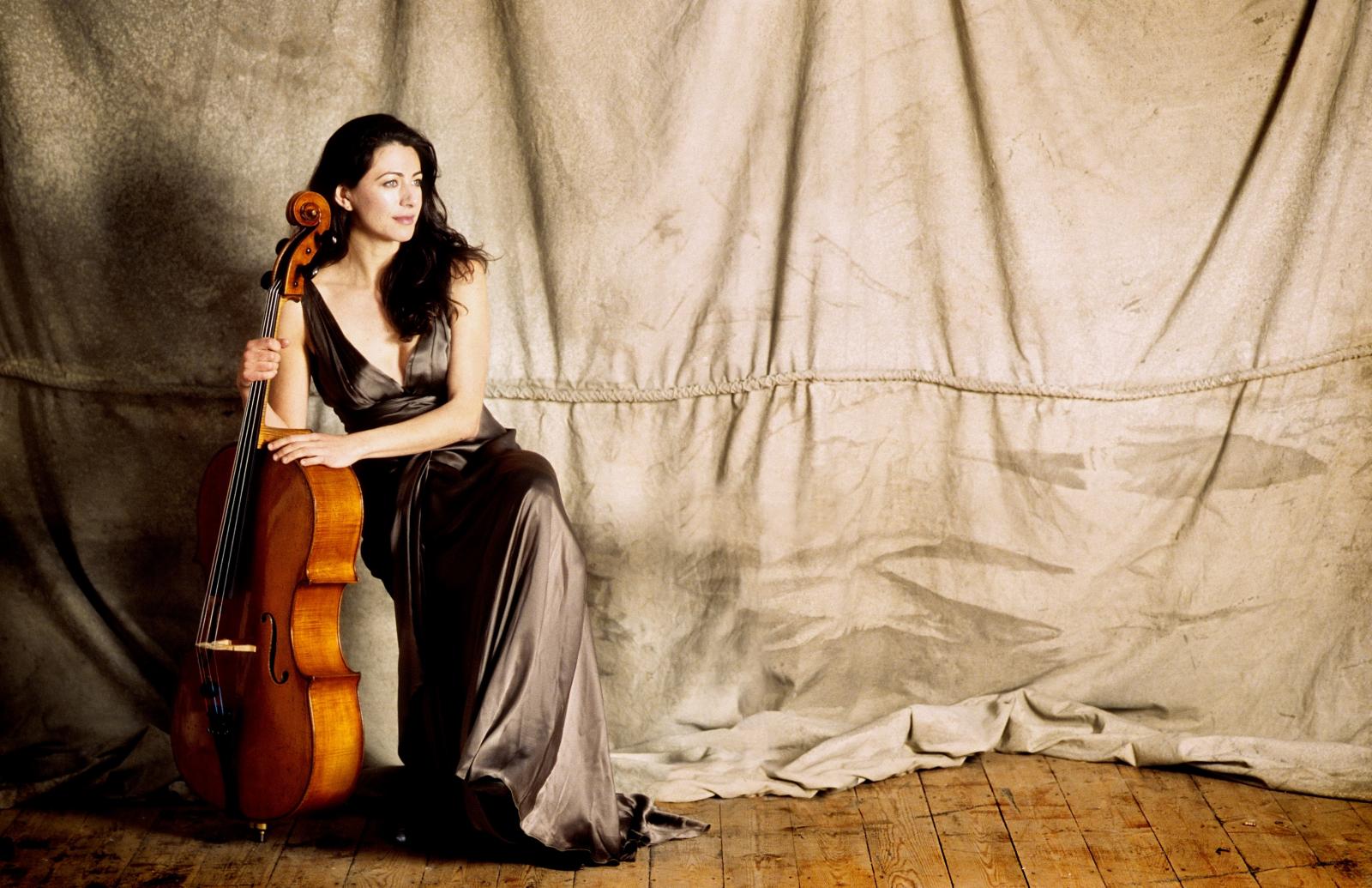
The Czech National Symphony Orchestra, under its distinguished chief conductor Libor Pešek, performs the latest concert in the 2016/17 Cambridge Classical Concert Series at Cambridge Corn Exchange on Tuesday 15 November. This interview originally ran in Cambridge News - we are very grateful to them for being the media partner for the Classical Series.
Do you have any connections with Cambridge?
My father studied as an undergraduate and as a researcher in Cambridge so I’ve inherited his fondness for the city. I also have dear friends who live here and have always enjoyed playing for the Cambridge audiences hugely.
My cello scheme is also organised by the Cambridge businessman and classical music enthusiast Nigel Brown. So yes I certainly feel a great connection to the place and am really excited to be performing at the Corn Exchange again soon.
What inspired you to play the cello?
I grew up in a very musical household and there was an emphasis on string playing. But I wanted to make sure I played something different from my Mum (she’s a violinist).
How would you describe Shostakovich’s Cello Concerto No 1 to someone who isn’t familiar with it?
It’s an exciting powerhouse of a piece with a deep 20th century Russian soul and breathtaking displays of virtuosity. It’s one of my favourite concertos for the cello.
Have you worked with Libor Pešek before? If so, how does his approach to conducting complement your playing style?
I am very much looking forward to working with him – working with a conductor is like playing chamber music with an instrumental partner.
Who have been your most important musical influences?
There are many but the most important is Heinrich Schiff with whom I studied in Vienna in my late teens and early 20s. He gave me a solid basis for understanding cello technique and serving the music and a score in an intellectually rigorous and authentic way. I was also influenced by Bernard Greenhouse from the Beax Arts Trio. I studied with him after turning 30 and felt ready for a new path musically. He deepened my understanding of the craft of real phrasing and singing and speaking on the instrument. Then there are the many chamber music partners and conductors I’ve had the pleasure of working with during my career to date.
What is your practice routine?
I try to work each morning; the demands of two young children under the age of 3 make that a big challenge! I have learnt how to practise more economically than ever before though.
What are the most important lessons your life in music has taught you so far?
To stay true to yourself and where your real passions and interests lie. And to listen to that (sometimes annoying) inner voice that tells you the truth!
What advice would you offer to any young, aspiring musicians?
Work hard. Listen to lots of music. Broaden your horizons culturally. Find inspiring colleagues and role models. Did I already say work hard?!
There seems to have been a surge in interest in classical music in recent years. Do you recognise this trend and if so to what do you attribute this?
That’s wonderful – I very much hope so! I think perhaps one factor is that, because we can’t be complacent as performers, our standards go up and the questions about how to make concerts ‘exciting’ are yielding interesting and successful results.
If you could only play music by one composer, whom would you choose, and why?
It would have to be Bach – there are too many discoveries in his music for one lifetime.
If you hadn’t become a musician, what else might you have done with your life?
Impossible to know but perhaps something linked to my second love which is literature. Or I might have become a long jumper. My ex-headmistress at school recently told me that apparently I still hold the Dorset under 16 record but am ready to concede this might not really be the case!
Anything else you’d like to tell us that might be of interest to our readers?
I can’t long jump any more . . .